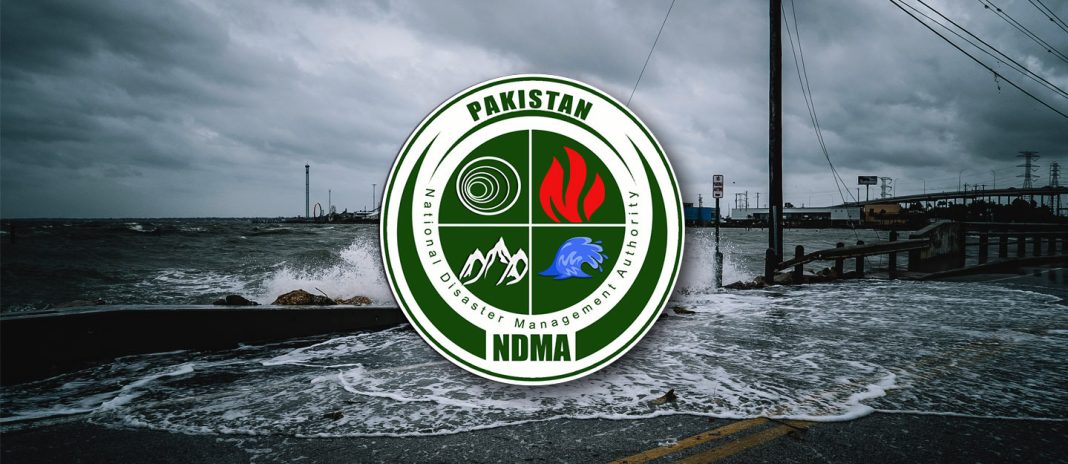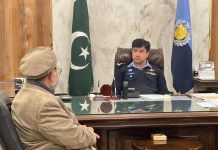Staff Report
ISLAMABAD: Pakistan, as a committed signatory to the Convention on International Trade in Endangered Species of Wild Fauna and Flora (CITES), proudly announced its significant elevation to CITES Category I, a testament to the nation’s unwavering dedication to wildlife conservation.
CITES, an intergovernmental treaty under the United Nations, serves to prevent the unsustainable exploitation of wild fauna and flora in international trade, a news release on Friday said.
In line with this commitment, Pakistan has diligently regulated the imports and exports of wild fauna and flora through collaborative efforts led by the Ministry of Climate Change & Environmental Coordination, in conjunction with the Wildlife Departments of Provinces, and Pakistan Customs.
A pivotal aspect of Pakistan’s conservation efforts is the exclusive legislation in place for the meticulous implementation of CITES, the Pakistan Trade Control of Wild Fauna and Flora Act, 2012. This legislation underscores Pakistan’s commitment to sustainable and responsible trade practices, ensuring the well-being of endangered species.
CITES classifies its parties into three categories (Category I, Category II, and Category III) based on the consistency of their national legislation for implementing the Convention. Following an exhaustive review process, Pakistan’s legislation earned well-deserved recognition, ascending from Category II to the esteemed Category I.
This proclamation, declared during the 77th meeting of the CITES Standing Committee held on 8th November, 2023, is a resounding affirmation that Pakistan’s legislative measures meet the highest standards for the implementation of CITES.
Earlier, The Gender and Child Cell of National Disaster Management Authority (NDMA) has joined the Inter-Agency Working Group’s (IAWG) Steering Committee.
The NDMA in a post on its official handle on X shared the update on Thursday that the Authority’s Cell had joined the international platform on January 24. The IAWG was a global coalition of organizations that work together to promote Sexual and Reproductive Health and Rights in Humanitarian Settings.
“This is a great opportunity for NDMA’s Gender & Child Cell to collaborate with other members of IAWG share best practices & contribute to global efforts to improve health issues.




